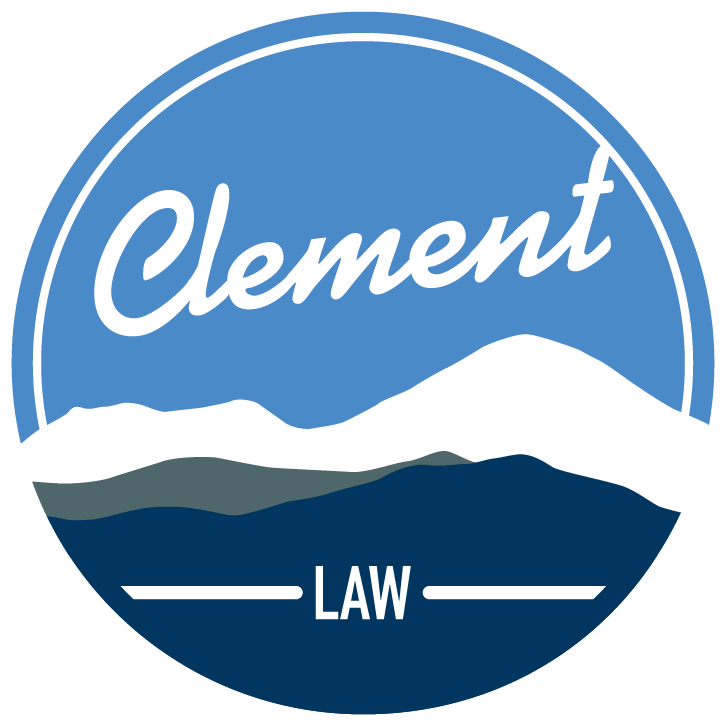Estate Planning Without Having an Estate
The term “estate planning” is often misunderstood. For many people, the word “estate” conjures up mansions and lands owned by wealthy families (think Downton Abbey or Asheville’s own Biltmore Estate). In simplest legal terms though, your estate is the sum total of all the assets (including money and property) that you own at the time of your death. Whether you own a stately home in Biltmore Forest or a trailer in Leicester—you have an estate. In part, estate planning involves making decisions during your life about what you want done with your money, property, and other assets after you are gone.
Historically, estate planning was mostly used as a tactic to avoid estate taxes. Now that the estate tax exemption amount is $5.34 million per half of a married couple, estate taxes are no longer a concern for most Americans. However, just because an asset is not valued at a level that would be subject to estate taxes does not imply the manner that is distributed is irrelevant. A will can establish a legacy and place conditions and perimeters on the use of assets. For example, perhaps you want some of the funds from your estate to be delegated for a particular purpose. Or maybe one of your beneficiaries is not old enough to handle assets responsibly. You get to make decisions about what to do in those circumstances during the estate planning process.
The real purpose of estate planning is so much broader than the estate tax issues. Even a simple will significantly reduces the time and expense of the probate process. In all cases, the probate process is significantly lengthened if no will is in place at time of death. If you do not have a will, your assets will be distributed in a manner determined by the State. As I have written about before, in some instances dying without a will can lead to loss of land—even land that has been in families for generations.
Estate planning documents cover so much more than how to distribute assets. A will (and other types of legal documents) can specify burial and funeral instructions. A will can also dictate who you would want to have custody of your children or your pet. Simple power of attorney documents elect someone to make decisions on your behalf if you are incapacitated. People of all walks of life should engage in the process of estate planning. Estate planning spares the people close to you difficult decisions at difficult moments.
Clement Law Firm, Asheville, NC -- 828-281-8160
